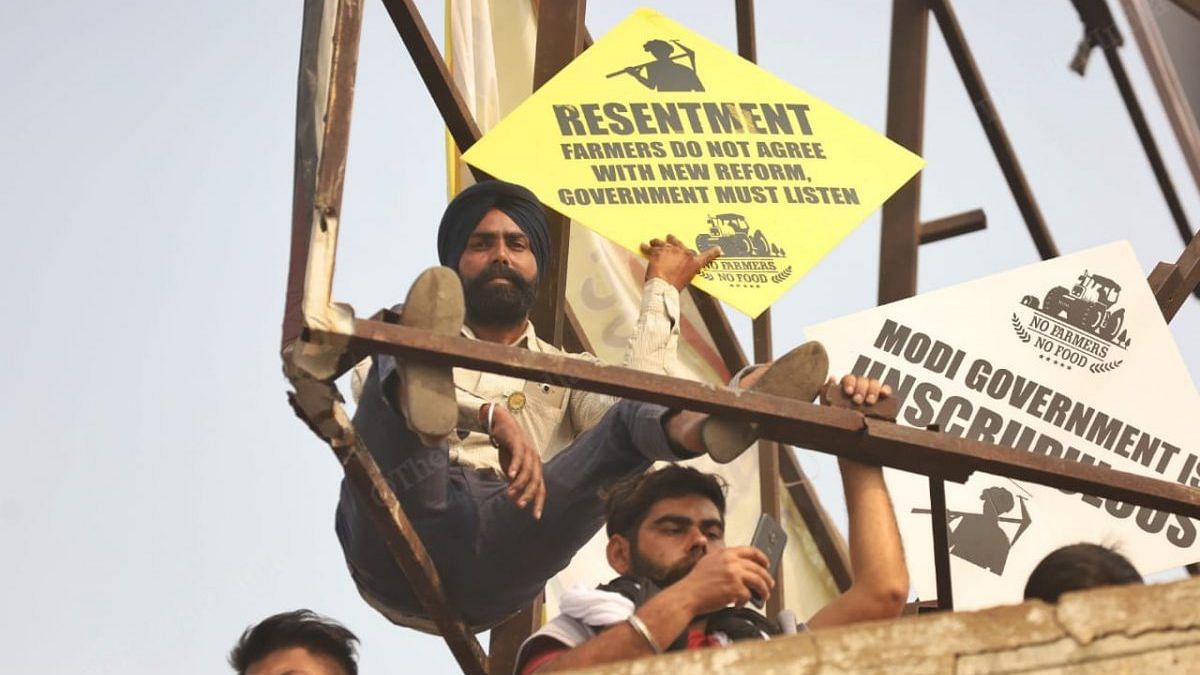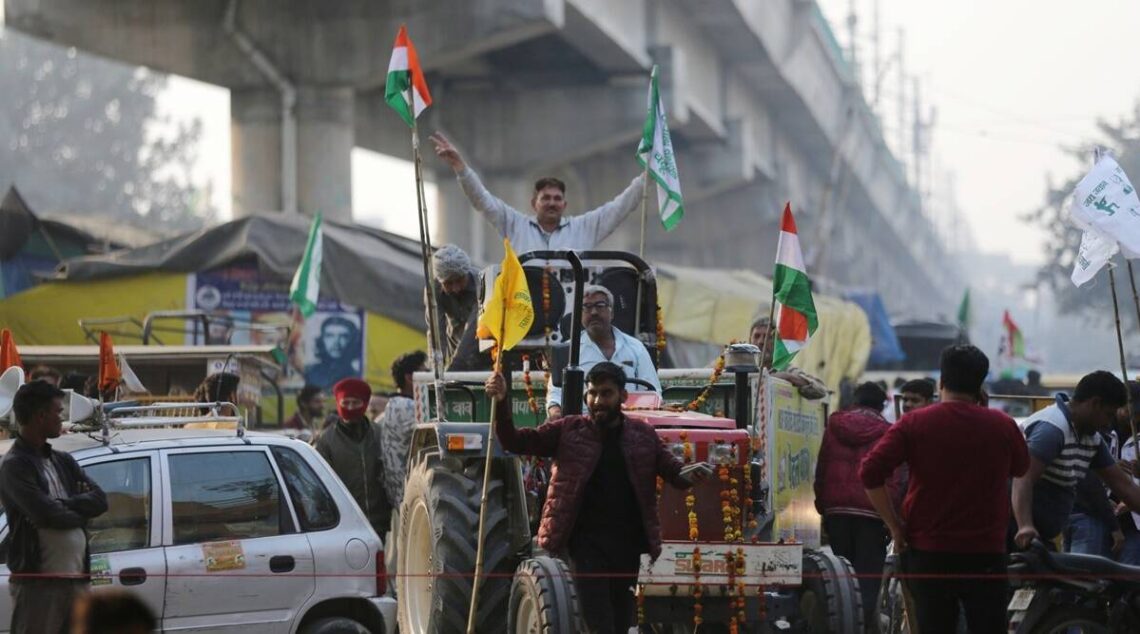The long-held farmer’s protest has now come to an end after 15-months. The Samyukta Kisan Morcha (SKM) has announced it will end its protest after the government agreed to their demands and discussions over issues of their concerns. The speculations around the end of the agitation at the Delhi borders began when the government announced its decision to repeal 3 farm laws in the Parliament. The protesters received the agreement of the government in writing, and they shall now begin to vacate the protest site and go back to their homes.

The government has completed the formal process to repeal the 3 farm laws and assured the farmers to study and discuss their demand for a law ensuring Minimum Support Price or MSP. Along with that, the government has agreed to consider and work on withdrawing cases against protesting farmers, compensate the families of those who died during the protest and suspend the legal action against stubble burning.

The farmers and several farmers’ organizations particularly from the state of Punjab, Haryana, and West UP had held the protest for a long time. For the government, it had decided that it had to enforce the laws for the privatization of agriculture that was a part of its plan for the development of agriculture. But, the bill was passed with limited discussion in the Parliament after the opposition protested in the Parliament. The government maintains the stand that it held discussions with some farmers and shareholders at different levels, which have been a formal process.
After a tussle and prevalence of 15 long months, the farmers ended with victory and the PM himself made a public announcement about the decision to repeal the laws. Some alleged that the government took a step back for the forthcoming elections in the state of UP and Punjab. Despite this, whatever the reason is, it is important to note the government should not perceive the incident as its defeat.
The case of the Farmers’ protest is more of a lesson than a case of win or defeat. In a true democracy, the repealing of laws after a constant protest is a stamp on the status of a democratic nation. In India, agriculture is the primary occupation of the majority of the population and any kind of loopholes can be very costly. So, agricultural reforms require negotiation, humility, and a generous approach.
The structural problems that were the reason behind the government framing and bringing up these laws still prevail. It is a widely known fact that the primary occupation of agriculture in India is in a dire need of reforms, particularly as there have been no major changes for a long time now. Indian agriculture needs reformation and modernization
Some reforms needed in the agricultural sector include:
- Increase the earning of farmers
- Increase agricultural productivity
- Improve storage and distribution process
- Expand agricultural market
- Deal with decreasing soil fertility
- Address concerns about the water table
Now, if the government plans to implement any kind of reform in the sector, it will have to regain the trust of the farmers first. Even the farmers and stakeholders agree that a halt to the new reforms in agriculture is not sustainable or desired. A healthy discussion over the sector and its problems between farmers and the government is important. It will rebuild trust among them and will help to find some new and commonly agreed on ways to solve the problems and implement modernization. Agricultural reforms have been a long pending issue in the country.
The government is scheduled to have a Dialogue with the farmers on their demands and new issues can be discussed after it. The government will probably be able to understand and learn from the prevailing spirit of farmers that it needs to address the insecurities and concerns of farmers along with making reforms. Also, a discussion is the right way to form a law, and not just planning and getting it passed in the Parliament is not important. The reality is that the earnings of farmers are already at risk and dependent upon the harvest, weather, and sale. The underdeveloped markets have made the farmers dependent on state-led procurements.
The political parties are still riding on the promises of free electricity and improved MSP for getting the votes of farmers. But, it fails to think about addressing the structural problems in the agricultural sector that are an obstacle in the development of agriculture. Agriculture plays the main role in the country’s economy, self-reliance, and employs a major share of the workforce in India. Involving the representatives of farmers in policy formulation can be helpful for the government to create better records. Instead of angering the farmers, it is important to convince and take them together. The end of the farmers’ protest can become a new beginning in the reformation of the agricultural sector of India.
Also Read: The correlation between a fake social media life and depression might surprise you.












